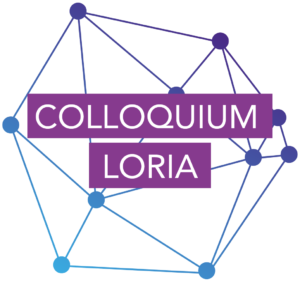BISCUIT
Department 5 : Complex systems, artificial intelligence and robotics
Team leader : Bernard Girau
Email : bernard.girau (at) loria.fr
Presentation
The team’s objective is to study the properties that are emerging from unconventional computation architectures for the realization or the control of persistent autonomous systems interacting with complex dynamic environments.
Our founding principle is to embody the computer science we study in physical systems with complex dynamics where they interact through continuous input-output flows. Our embodied agents
will be considered as homeostats with artificial physiology built on unconventional computing which is massively parallel, distributed, decentralized, with local communications between simple units. Indeed, as suggested by the animal world and in accordance with the embodiment theory, we think that this type of coupling embodied within a dynamic system is the more likely to foster the emergence of structuring “cognitive” functions.
To do this, we want to equip our neuro-cellular architecture with unsupervised adaptive and learning mechanisms to promote, by self-organization, a modularization and a functional specialization necessary for the development of interesting behaviors.
Research axes
Our approach is divided into three strongly interdependent axes :
- Neurocellular axis: this research axis is more specifically dedicated to the question of the compatibility of our models with implementation constraints on neuromorphic hardware architectures.
- Mechanisms axis: in this research axis, we study the mechanisms favouring specialization and the modularization by self organization.
- Distributed reinforcement axis: we rely on the reinforcement learning framework to modulate and guide coping mechanisms at work in others axes.
Keywords
Computational Neuroscience, brain-inspired hardware, embodiment, emergence, autonomy, learning, cognitive tasks, neuromorphic computing


